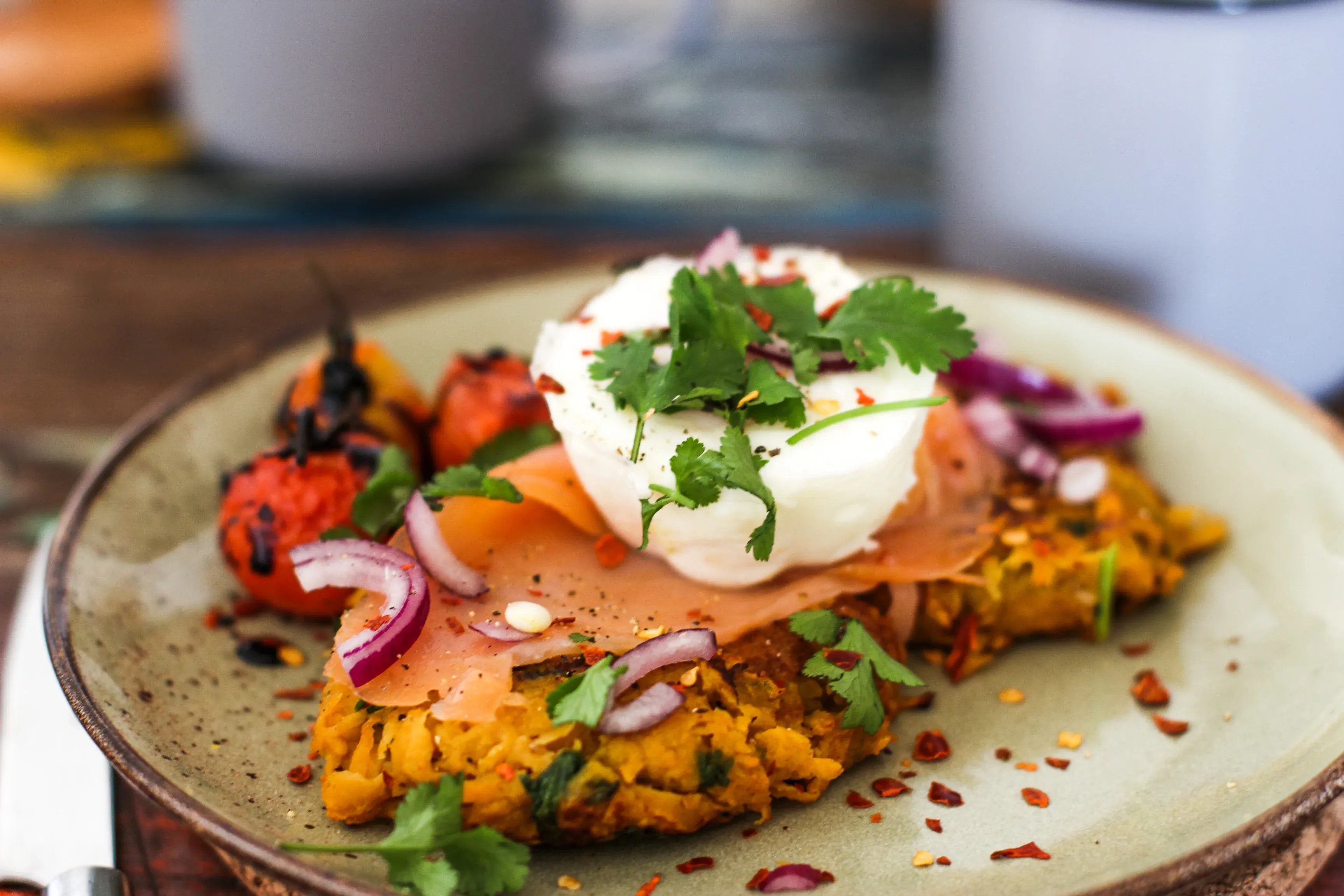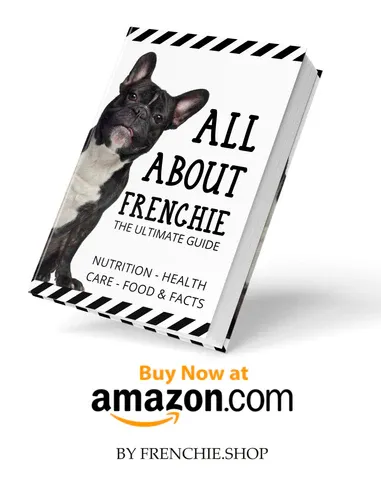As a French Bulldog owner, you know how tempting it is to share your snacks when those big eyes stare up at you during mealtime. Understanding human foods French Bulldogs can eat is essential to keep your pet healthy and happy. While Frenchies love treats, not all people foods are safe—some can cause digestive issues, toxicity, or weight gain, which is a common concern for this breed prone to obesity. Always prioritize a balanced dog food diet and offer human foods in moderation, ideally no more than 10% of daily calories. For more on similar breeds, check out what human food can bulldogs eat.
Important note: Consult your veterinarian before introducing new foods, especially if your Frenchie has allergies or sensitivities common in the breed.
Fruits and Vegetables Safe for French Bulldogs
French Bulldogs often enjoy fruits and vegetables as low-calorie treats packed with vitamins, fiber, and antioxidants. These can support digestion, skin health, and immunity, but remove seeds, pits, and cores to avoid choking or toxicity. Here’s a vetted list of safe options:
- Apples (no seeds)
- Bananas
- Blackberries
- Blueberries
- Broccoli
- Brussels sprouts
- Cantaloupe
- Carrots
- Celery
- Cranberries
- Cucumbers
- Green beans
- Mango
- Oranges
- Peaches (no pit)
- Pineapple
- Peas
- Raspberries
- Strawberries
- Spinach
- Sweet potatoes
Feed small pieces—about a tablespoon per 10 pounds of body weight daily—to prevent stomach upset from excess sugar or fiber. According to the American Kennel Club (AKC), these are generally safe for dogs when prepared properly.
 10 HUMAN FOODS FRENCH BULLDOGS CAN SAFELY EAT
10 HUMAN FOODS FRENCH BULLDOGS CAN SAFELY EAT
Peanut Butter: A Favorite Treat
Peanut butter is a hit with Frenchies for training rewards or stuffed toys, thanks to its protein, healthy fats, and fiber. Opt for natural, unsalted varieties without added sugar or xylitol—a sugar alcohol deadly to dogs, causing rapid blood sugar drops, seizures, or liver failure, per ASPCA guidelines. One teaspoon for a 20-30 lb Frenchie is plenty; spread thinly to avoid overfeeding.
 Recommended peanut butter for dogs
Recommended peanut butter for dogs
Yogurt for Gut Health
Plain, low-fat Greek yogurt provides probiotics for better digestion and calcium for bones. French Bulldogs may tolerate it better than other dogs due to lower lactose, but start small to check for intolerance signs like gas or diarrhea. Avoid flavored yogurts with sugar or artificial sweeteners. A spoonful a few times weekly can aid upset stomachs.
Cheese in Moderation
Low-fat cheeses like cottage or mozzarella offer protein, calcium, and B vitamins. They’re great crumbled over kibble, but high-fat types can lead to pancreatitis. Skip if your Frenchie shows dairy sensitivity. PetMD notes small amounts are fine for most dogs.
Cooked Lean Meats: Chicken, Turkey, and Beef
Plain, cooked lean chicken, turkey, or beef delivers high-quality protein for muscle maintenance without excess fat. Boil, bake, or grill—no oils, spices, onions, or garlic, which are toxic. Raw meats risk salmonella and bacteria, so always cook thoroughly. Shred into tiny pieces for brachycephalic Frenchies to prevent choking. See related info in what dogs can and can not eat.
Salmon for Omega-3 Boost
Cooked salmon provides omega-3 fatty acids that promote shiny coats, reduce inflammation, and support heart and brain health—key for Frenchies prone to skin issues. Avoid raw salmon due to parasites causing salmon poisoning disease (fever, vomiting), as warned by AKC. Bake or poach a small fillet weekly.
Tuna: Omega-Rich but Sparingly
Water-packed, low-sodium canned tuna offers similar omega-3 benefits. Drain well and serve plain; limit to once weekly to minimize mercury buildup. Fresh cooked tuna works too.
Pumpkin and Sweet Potatoes for Digestion
Plain canned pumpkin (not pie filling) or boiled sweet potatoes are fiber powerhouses, easing diarrhea, constipation, and anal gland issues common in Frenchies. They’re rich in vitamins A, C, E, iron, and potassium. A tablespoon daily helps regulate bowels.
Rice for Tummy Troubles
Plain cooked white rice is bland and binding, perfect for mild stomach upsets alongside boiled chicken. It provides quick energy without irritation. Brown rice is ok occasionally but harder to digest.
Popcorn: A Crunchy Caution
Air-popped, unsalted, unbuttered popcorn offers thiamine and riboflavin for digestion and vision. However, it’s a choking hazard for flat-faced Frenchies—break into tiny pieces and limit to a handful. Avoid microwave varieties with butter or chemicals.
Wheat and Grains Basics
Cooked plain wheat, oats, or barley can add fiber and energy, but Frenchies may have grain sensitivities leading to itching or ear infections. Test small amounts and monitor.
These treats enhance your Frenchie’s diet when used wisely, drawing from expert sources like AKC and ASPCA. Always prioritize portion control to maintain ideal weight and prevent obesity-related issues like joint strain.
In summary, human foods French Bulldogs can eat like fruits, peanut butter, and cooked proteins add variety but should complement—not replace—high-quality dog food. Watch for allergies, introduce slowly, and seek vet advice for personalized plans. Share your Frenchie’s favorites in the comments! For more tips, explore what can dogs eat and what can they not eat, what homemade food can puppies eat, and what human food can maltipoos eat.
References
- American Kennel Club (AKC): Human Foods Dogs Can and Can’t Eat
- ASPCA: People Foods to Avoid Feeding Your Pets
- PetMD: French Bulldog Health and Care
